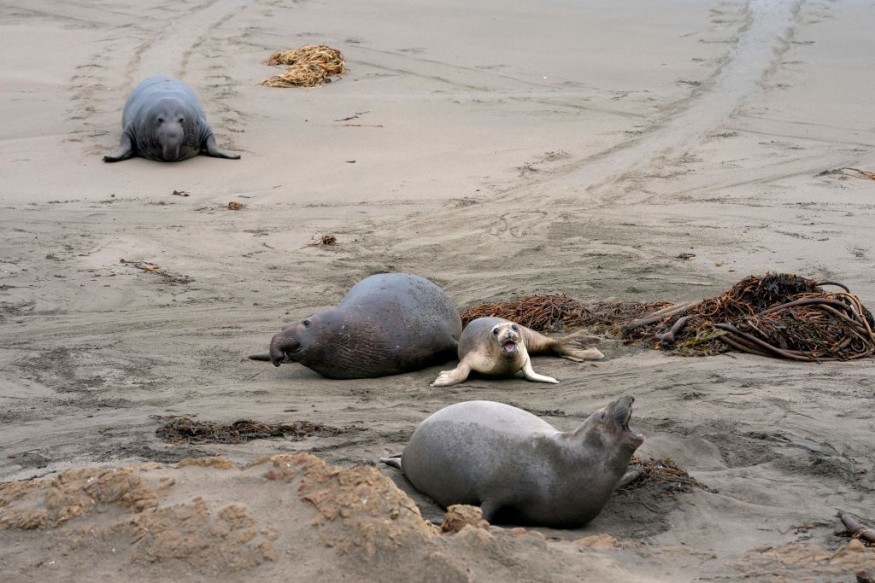
Experts said that the potential arrival of avian influenza in Antarctica could also kill elephant seals in the region.
They said that avian influenza or bird flu has been encroaching on the icy continent as the virus has already reached the sub-Antarctic islands between the Antarctic Peninsula and South America.
Infected By Migrating Seals
Based on observation, elephant seals in South Georgia could have been infected by migrating seals from South America where there was a large die-off of the species.
The infected elephant seals could possibly transport the virus to neighboring islands and further south to the Antarctic Peninsula.
Experts warned that it is only a matter of time before it reaches the Antarctic continent.
They said that the avian influenza has been detected in several seabird species found over South Georgia Island and the Falkland (Malvinas) Islands. These birds are known to travel and migrate towards the Antarctica.
Researchers have also said that the avian influenza could have caused mass deaths of southern elephant seals.
The spread of avian influenza to the remote southern region has already raised concerns for isolated populations of species, including penguins and seals, that have never been exposed to the said virus.
According to experts, the virus is likely to spread further among Antarctic wildlife, potentially infecting the 48 species of birds and 26 species of marine mammals, which inhabit the region.
Due to this, the arrival of avian influenza in Antarctica could have potentially catastrophic consequences when it comes to the wildlife, which will later decimate large populations.
Furthermore, the avian influenza may also bring disruptions on tourism and research activities during the busy summer season.
Outbreaks on the Antarctic Peninsula will be extremely disruptive to the tourism industry.
Once avian influenza is confirmed at a particular location, sites will be closed to tourists. This will then lead to a different experience for visitors, with land-based wildlife encounters pivoting to cruise-based activities.
Domestic Poultry, Other Animal Species
The Centers for Disease Control and Prevention explained that avian influenza or bird flu refers to the disease caused by infection with avian (bird) influenza (flu) Type A viruses.
These viruses naturally spread among wild aquatic birds worldwide and can infect domestic poultry and other bird and animal species.
Bird flu viruses do not normally infect humans. However, sporadic human infections with bird flu viruses have occurred.
Experts said that the best way to prevent avian influenza is to avoid sources of exposure whenever possible. Infected birds shed bird flu virus in their saliva, mucous, and feces.
They said that people rarely get bird flu; however, human infections with bird flu viruses can happen when enough virus gets into a person's eyes, nose or mouth, or whenever it is inhaled.
This can happen when virus is in the air, in droplets or possibly dust, and a person breathes it in, or when a person touches something that has virus on it and then touches their mouth, eyes or nose.
Bird flu virus infections in people happen most often after close, prolonged and unprotected (no gloves or other protective wear) contact with infected birds and then the person touches their mouth, eyes, or nose.
Related Article : 38 Premises in the UK Face a 'Phenomenal Level' of Bird Flu
© 2025 NatureWorldNews.com All rights reserved. Do not reproduce without permission.





